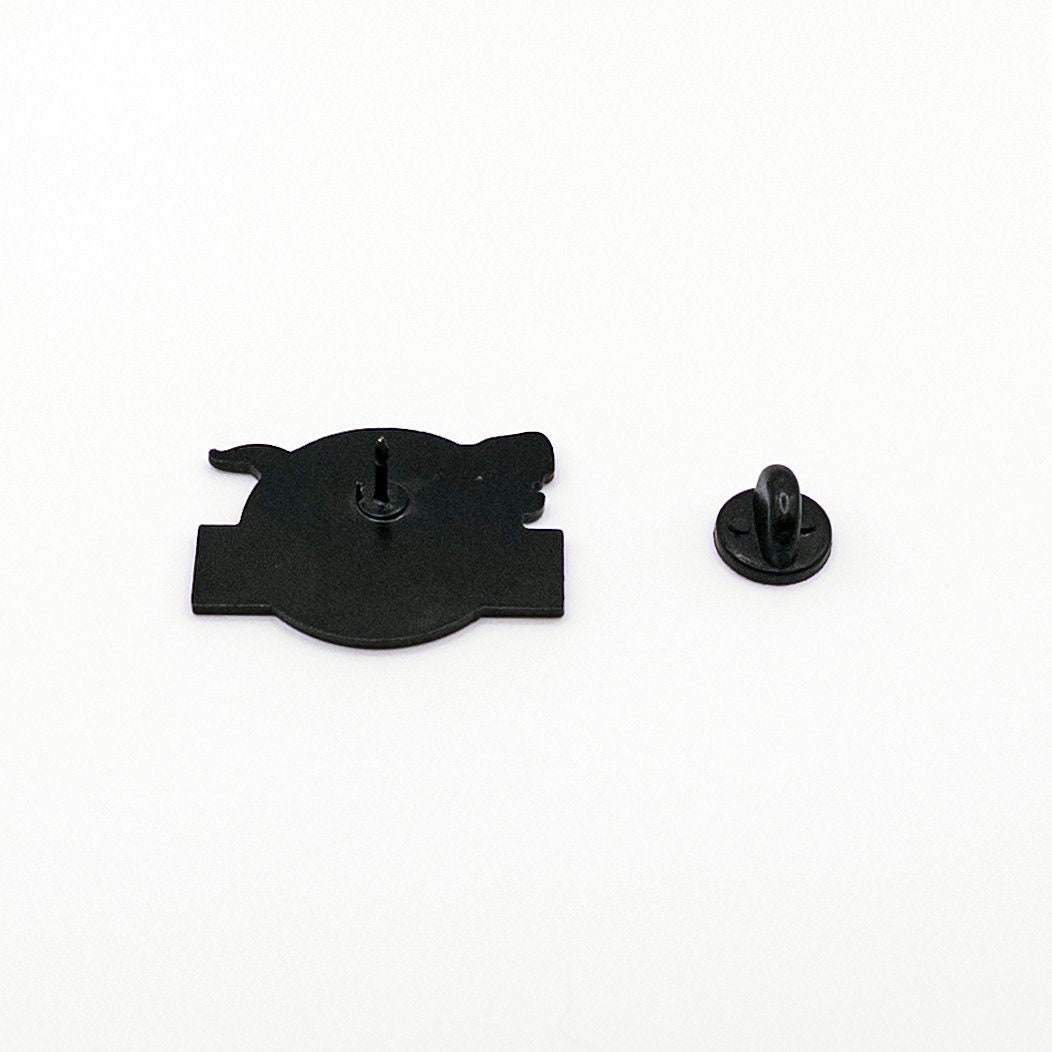Tranosaurus Dino Anstecker - Trans Pride Dinosaurier Enamel Pin
Artikelbeschreibung
Stolz wie ein Dino! Dieser coole Tranosaurus Anstecker vereint die Stärke eines Tyrannosaurus Rex mit den Farben der Trans-Pride-Flagge. Ein wunderbares Symbol für Stärke, Individualität und Selbstbewusstsein.
Hergestellt aus hochwertigem Metall mit Emaille-Füllung, ist der Pin detailreich verarbeitet und die Farben leuchten kräftig. Die robuste Qualität sorgt dafür, dass der Anstecker lange hält und nicht so schnell kaputtgeht.
Perfekt zum Anstecken an Jacken, Rucksäcke, Taschen oder Caps. Zeige deine Unterstützung für die Trans-Community oder schenke ihn jemandem, der genau diesen besonderen Pin verdient hat.
Mit einer zuverlässigen Nadelverschluss-Sicherheit sitzt der Pin fest und geht nicht verloren. Ein kleines Accessoire mit großer Aussage - für mehr Sichtbarkeit und Akzeptanz.
Ob für dich selbst oder als Geschenk für liebe Freunde - dieser einzigartige Pin bringt sicher ein Lächeln ins Gesicht und zeigt: Jeder darf so sein, wie er ist!

























